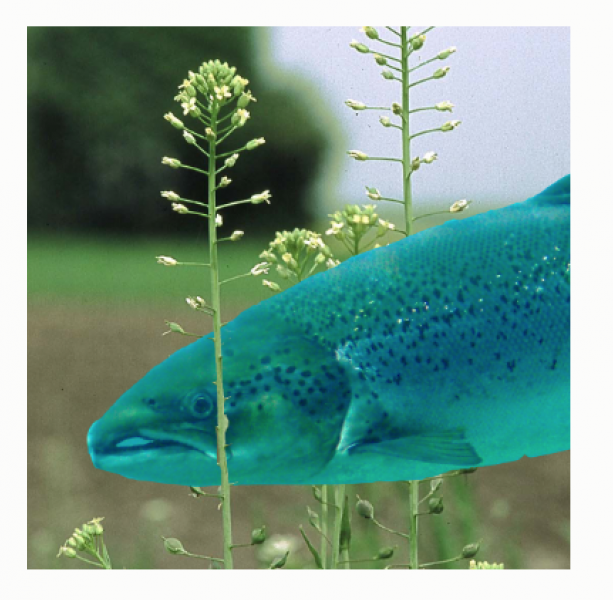 Scientists in the UK have made major progress in addressing one of the seafood industry s biggest environmental challenges. Last month, Rothamsted Research announced that a GE camelina plant had been successfully fed to farmed Atlantic salmon. A false flax widely grown for seed oil, the camelina plant had been enhanced with genes from marine algae, which produces the coveted Omega 3-rich fish oil. This oil has been widely linked to health benefits such as lowering the risk of heart disease and neuro-degenerative disease.
Scientists in the UK have made major progress in addressing one of the seafood industry s biggest environmental challenges. Last month, Rothamsted Research announced that a GE camelina plant had been successfully fed to farmed Atlantic salmon. A false flax widely grown for seed oil, the camelina plant had been enhanced with genes from marine algae, which produces the coveted Omega 3-rich fish oil. This oil has been widely linked to health benefits such as lowering the risk of heart disease and neuro-degenerative disease.
While the findings are significant because they demonstrate that fish oil can come from plants grown on land, Rothamsted researchers said the chief goal of their work is to help the aquaculture industry.
Farmed fish grown in cages are unable to absorb sufficient Omega-3 in their diets, so they are fed fish-oil-rich smaller fish. Currently, fish farmers harvest millions of tons of smaller fish as a source of fish oil. Fish oil is not only very expensive, but it s also a finite resource. The findings of the study are very encouraging, said Jonathan Napier, the leader of the Rothamsted Research team that has been working for 15 years to find a sustainable plant source for the omega-3 oils.
The Rothamsted team isn t the only one searching for novel ways of producing long chain omega 3 fats, nor is camelina the only possible plant. According to a story in the Smithsonian, a team in Australia is also engineering camelina and canola plants to produce omega-3 fatty acids, while other teams are looking at engineering linseed and Indian mustard plants as potential hosts.
